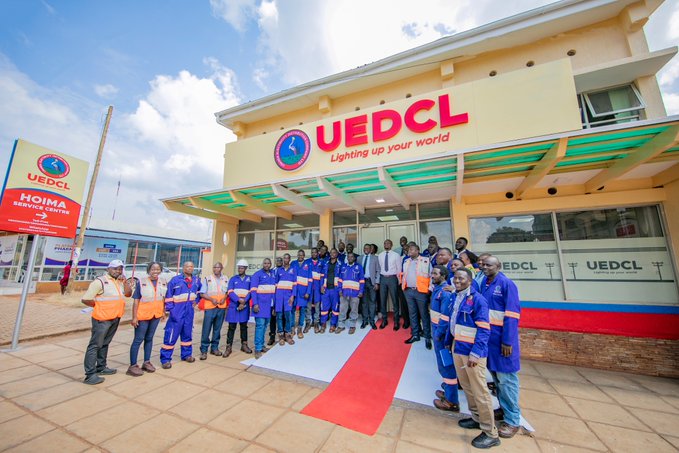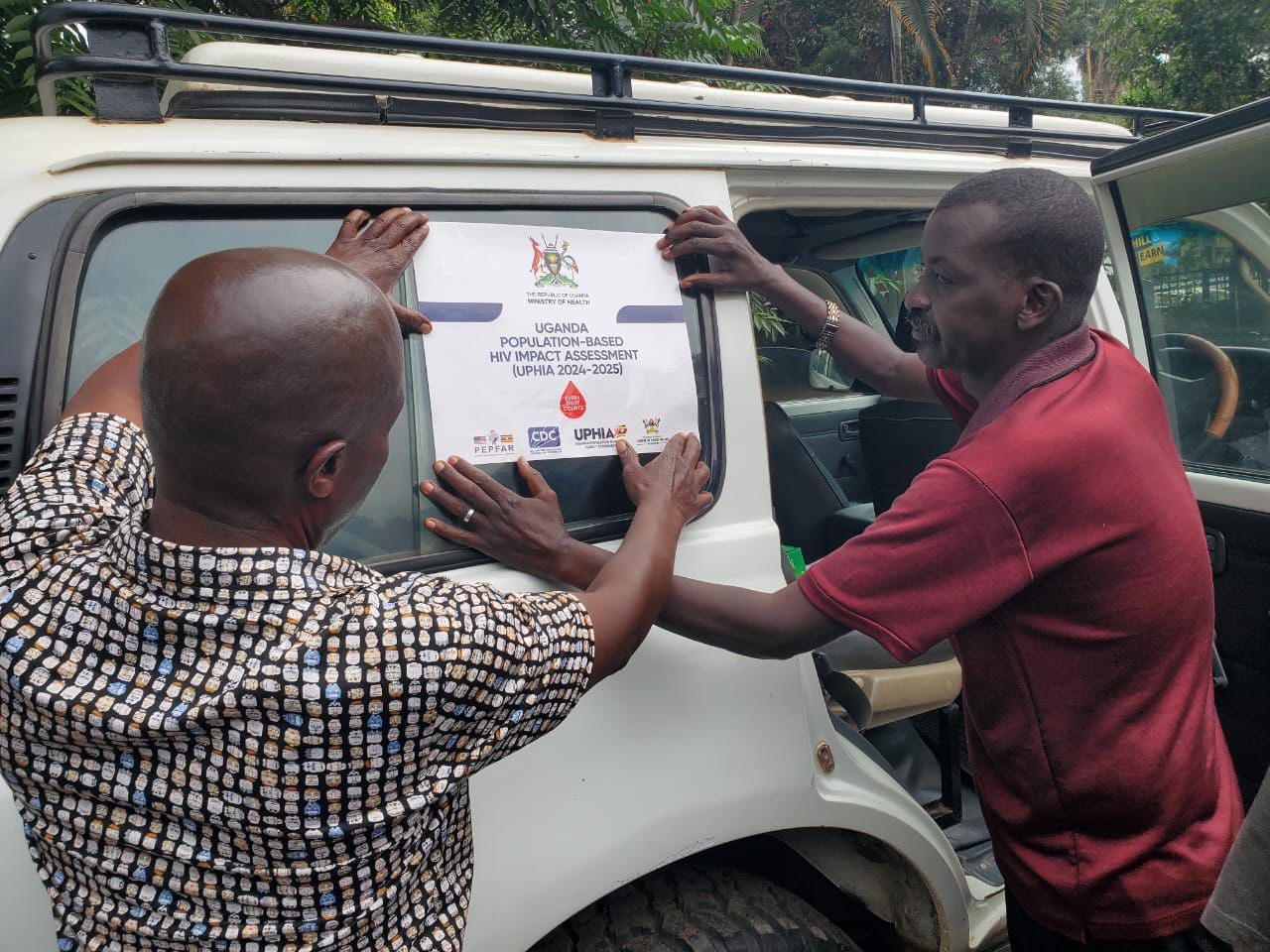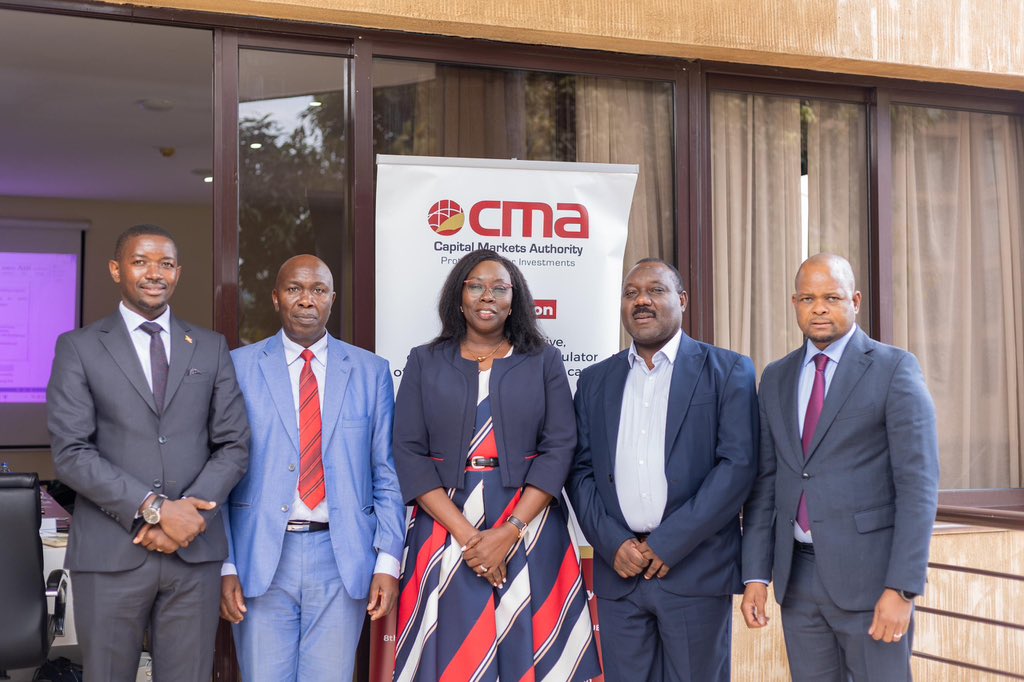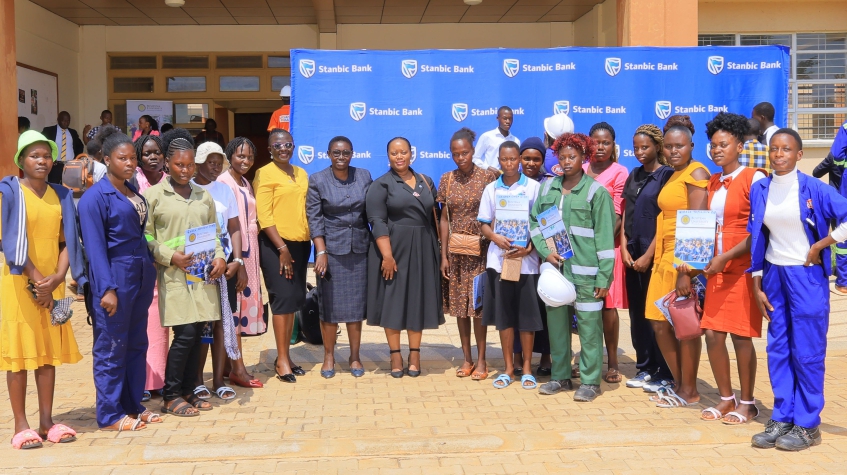Napak cooperative farmers get agro-processing machinery donations
The Japanese Ministry of Foreign Affairs, the government of Uganda, and the Sasakawa Africa Association (SAA) donated agro-processing machinery to cooperative farmers in Napak district's Apeitolim parish, Lopoko Sub County.
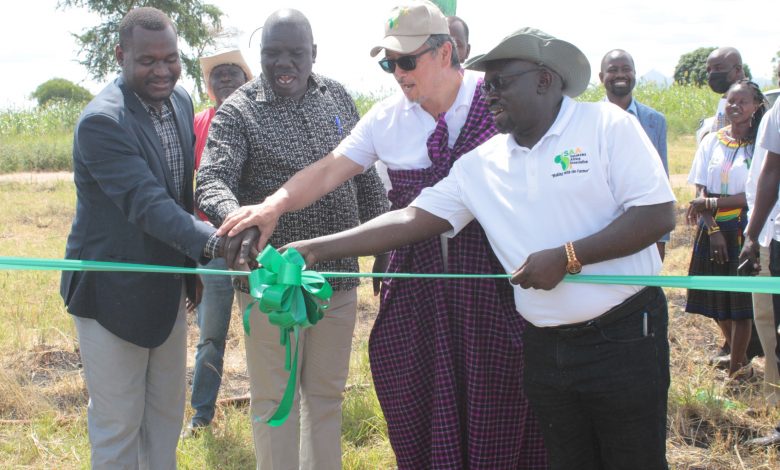
The Japanese Ministry of Foreign Affairs, the government of Uganda and the Sasakawa Africa Association (SAA) donated agro-processing machinery to cooperative farmers in Napak and Kole districts.
The partners also opened the ground, marking the start of the construction of two Multipurpose Agricultural Cooperatives (OSCAs). The ceremony took place at Apeitolim parish, Lopoko sub-county, Napak district.
Each cooperative will have an office, an irrigation system, a mill for grinding maize, a storage facility and a one-acre area for growing vegetables. Through this program, rural poverty will be reduced and food security will be enhanced.
According to Joseph Bbemba, the Deputy Country Director Sasakawa, this collaborative effort aims to reduce post-harvest losses and enhance agricultural profitability, through community-based collective action.
“To address long-standing challenges faced by farmers in the Karamoja sub-region, such as limited agricultural equipment, drought, and post-harvest losses leading to high poverty rates, project implementers aim to support 2,735 farmers in Napak and Kole districts directly,” he said.
Bbemba noted that this initiative focuses on revitalizing and strengthening multipurpose agricultural cooperatives in Northern Uganda.
Ande Okiror, the Lead Market Oriented Agric Officer at Sasakawa, explained that subsequent training on post-harvest market and productivity are envisioned to guarantee sustainable agriculture.
He noted that interventions by Sasakawa and other NGOs in the agricultural sector will help the government gradually eradicate poverty by supplementing government initiatives.
Modo Natalina, a farmer in Apeitolim Sub County highlighted that their oxen are usually taken away by cattle raiders. She also highlighted that middlemen take a portion of their money, especially after harvesting.
She is optimistic that the value addition chain will enable collective bulking and an increment in harvest margin will support her family and community.
The SAA and its country programs which used to be called Sasakawa Global 2000 (SG2000) work in close collaboration with national agricultural extension services in Ethiopia, Mali, Nigeria and Uganda to support smallholder farmers along the agricultural value chain.
SAA aims to increase farmers’ income and food and nutrition security by promoting market-oriented, sustainable, resilient, regenerative and nutrition-sensitive agricultural innovations and building the capacity of Extension Agents and farmers.



